Most literature will describe memory loss as we age as being a normal process of aging. On the other hand, many experience memory loss and we don’t understand it. So what is normal or not about memory loss and aging?
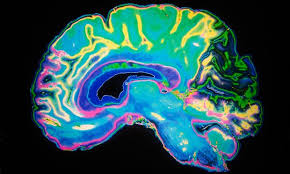 The HelpGuide.org website describes the difference between memory loss and forgetting: “As we grow older, we experience physiological changes that can cause glitches in brain functions we’ve always taken for granted. It takes longer to learn and recall information. We’re not as quick as we used to be. In fact, we often mistake this slowing of our mental processes for true memory loss. But in most cases, if we give ourselves time, the information will come to mind.”
The HelpGuide.org website describes the difference between memory loss and forgetting: “As we grow older, we experience physiological changes that can cause glitches in brain functions we’ve always taken for granted. It takes longer to learn and recall information. We’re not as quick as we used to be. In fact, we often mistake this slowing of our mental processes for true memory loss. But in most cases, if we give ourselves time, the information will come to mind.”
 I learned that it was difficult for medical professionals to
I learned that it was difficult for medical professionals to 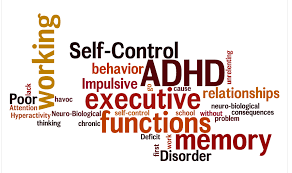 There are hundreds of
There are hundreds of  Hardly anyone is prepared for a
Hardly anyone is prepared for a 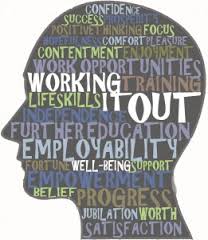
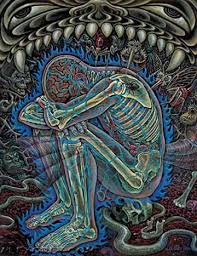 “I was dealing with too many illnesses; type 2 diabetes, hypertension, memory loss, depression, anxiety, PTSD, amnesia, chronic pain, and a host of confusion. These ailments are
“I was dealing with too many illnesses; type 2 diabetes, hypertension, memory loss, depression, anxiety, PTSD, amnesia, chronic pain, and a host of confusion. These ailments are 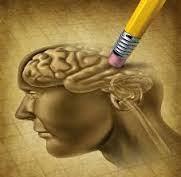 Memory is the process by which our brain’s encode, store and retrieve information. When we sense things in our environment, our
Memory is the process by which our brain’s encode, store and retrieve information. When we sense things in our environment, our  “I occasionally stopped, repeated myself, and also had difficulty finding words and completing sentences. When I had problems with “
“I occasionally stopped, repeated myself, and also had difficulty finding words and completing sentences. When I had problems with “